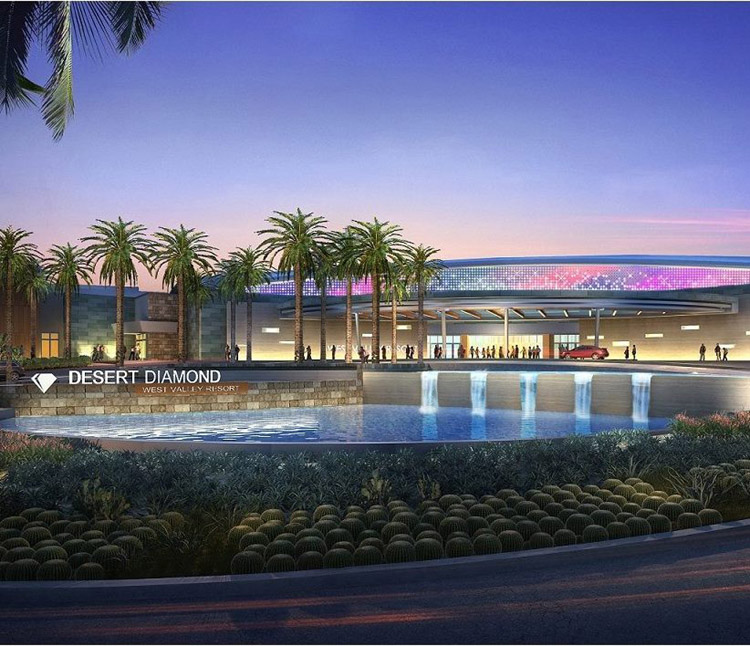After years of unsuccessful efforts by the state to prevent the Tohono O’Odham Nation from opening a casino in Glendale, Arizona, and its attempt to dictate and manage the type of gambling the tribe is permitted to operate, Arizona Director of Department of Gaming Daniel Bergin is back in federal court.
Bergin refused to grant certification earlier this year and has filed a new lawsuit to prevent a Class III or full-scale gaming facility in the Phoenix suburb of Glendale from opening. The director claims the tribe’s plan to open their $200 million Desert Diamond West Valley Casino Resort in December is based on fraud. In 2002 officials and residents approved Proposition 202 which allowed tribes to establish casinos and operate them. However, lawyers for the gaming officials told the court that had voters known that the tribe had no intention of keeping its promise not to open any gambling venues in the Phoenix area the compact would have never been signed. According to Bergin, it was only after Proposition 202 was signed that the Tohono O’odham Nation made its intentions known.
The new filing by Bergin follows the Tohono O’Odham Nation’s lawsuit filed a few months ago requesting that US District Court Judge David Campbell issue approvals for a Class III gaming licenses which would allow the operation of traditional casino gaming such as slot machines as well as various card games in time for the casinos scheduled December launch. Last month the judge denied the tribe’s request stating that it would not suffer “irreparable harm” without a full gaming license. Playing a part in Judge Campbell’s decision was the fact that the tribe plans to open its casino anyway, but will rely on a Class II license allowing bingo and slot-like bingo machines for which the state has no authority to regulate on reservation land.
The judge, who so far has ruled in the tribe’s favor more often than the state’s, dismissed a similar lawsuit filed by the state in 2013 that claimed that residents were intentionally misled into believing that the possibility of establishing casinos in the Phoenix area was excluded. Judge Campbell noted that the vote was instead language for the basis for the compact between the tribe and the state, and that “no reasonable reading” of the compact could compel a person into believing that the agreement prohibited building full-scale gambling venues in the Phoenix area.



